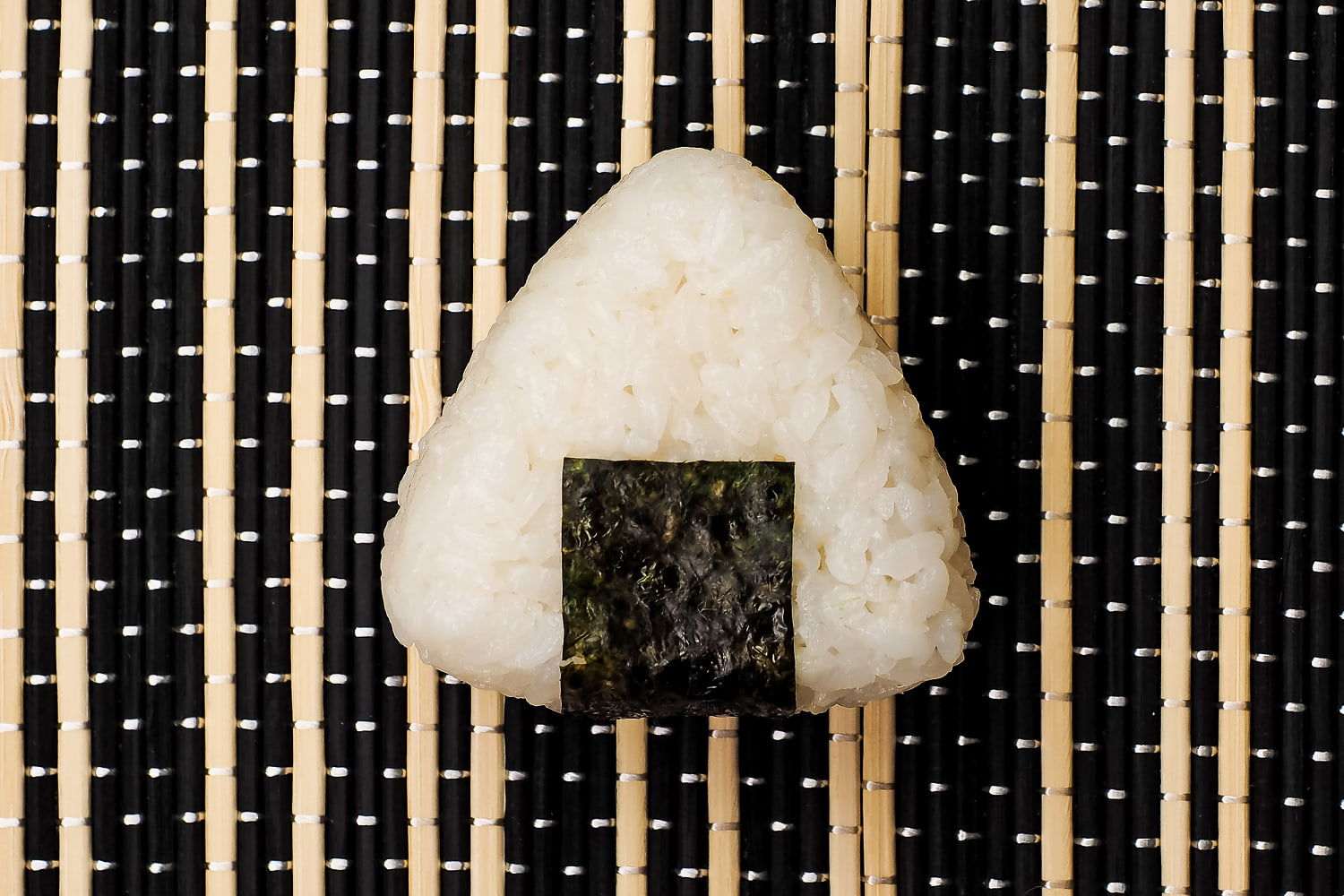
TOKYO — A Japanese convenience store chain has pulled its handmade rice balls, also known as onigiri, from shelves after employees were caught faking expiration dates.
Ministop, which has more than 1,800 stores across Japan, said it was conducting an “emergency investigation” at all of its stores after discovering that staff at some locations had incorrectly labeled the expiration dates for the rice balls, which are prepared in-store.
Production of handmade rice balls and bento boxes has been suspended since Aug. 9, the company said in a statement Monday.
It said it had so far confirmed that staff at 23 locations nationwide had engaged in “sales methods that deviated from our product manufacturing regulation.”
Products that should have been promptly labeled with expiration dates after being prepared in store kitchens “were left without any labels for a length of time in order to extend the expiration period,” it said, while products already on display “were relabeled with expiration dates.”
Ministop said it had reported the 23 stores to the health department and that it would “continue to conduct inspections, investigate the causes of these incidents and make every effort to prevent a recurrence.”
No customers have reported any related health issues, the company said.
“We sincerely apologize for the significant inconvenience caused to our customers,” it said.
Onigiri, a staple of Japanese food culture, is typically stuffed with grilled salmon, beef or pickled plum and wrapped in crispy seaweed. It is a popular item in Japan, where convenience stores such as Ministop, known as konbini, are a lifeline for customers seeking fresh to-go meals.
Arata Yamamoto reported from Tokyo, and Chelsea Chan reported from Hong Kong.


